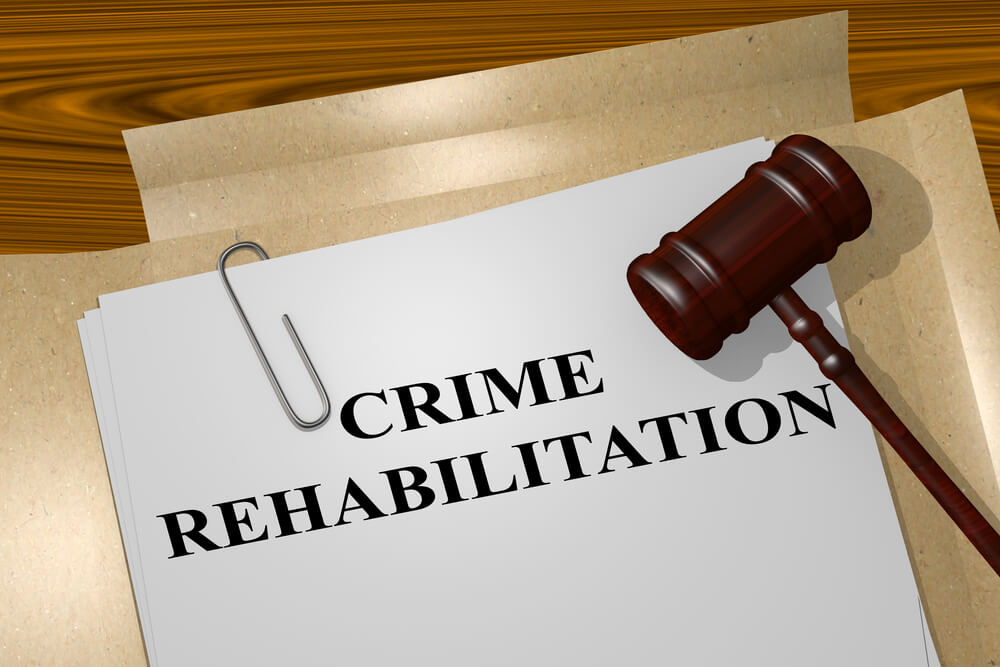People often divide a situation into white and black (good and bad) but miss out on the gray areas. There are some extreme circumstances that we must not ignore while judging someone for a felony. An experienced criminal defense attorney tries hard for the acquittal of such an accused, whose crime was part of a larger picture that society failed to see.
Addressing the root causes of felony offenses in New Jersey, or any jurisdiction, is essential for reducing crime and creating safer communities. They often stem from a combination of socioeconomic, environmental, and individual factors.
Today, we will talk about some key root causes of felony offenses in New Jersey to focus on.
- Poverty, Economic Disparities, and Limited Opportunities
Lack of access to quality education, stable employment, and economic opportunities can lead individuals to resort to criminal activities to meet their basic needs.
- Educational Disparities
High dropout rates, limited access to quality education, and educational inequalities can contribute to a lack of skills and employment prospects, increasing the risk of criminal involvement.
- Substance Abuse and Addiction
Substance abuse and addiction can drive individuals to commit crimes to support their habits. The illegal drug trade also fuels criminal activity.
- Mental Health Issues
People with untreated mental health conditions may engage in criminal behavior due to impaired judgment or difficulty coping with their symptoms.
- Broken Families
A dysfunctional or unstable family environment, including a lack of parental guidance, can contribute to delinquency among young people.
- High-crime areas
Living in neighborhoods with high crime rates and limited community resources can expose individuals to criminal influences.
- Lack of Access to Services
Inadequate access to healthcare, including mental health and addiction treatment, can hinder individuals from addressing underlying issues. Also, little or no access to social services such as housing assistance, food support, and job training can contribute to desperation and criminal behavior.
- Lack of Support
After serving a sentence, individuals often face challenges reintegrating into society, including finding stable housing and employment. Without support, they may return to criminal activities.
Final Words
Addressing these root causes requires a comprehensive and multi-sectoral approach that involves government agencies, community organizations, schools, healthcare providers, and social services. By tackling these underlying issues, New Jersey can work towards reducing felony offenses and creating a safer and more equitable society.
If you or anyone you know has been convicted of a felony due to any such root cause, get in touch with an experienced lawyer today.









